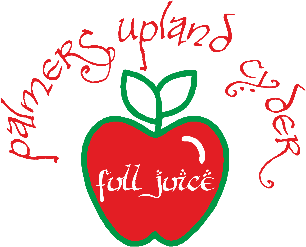Tel 01633 676 333
You are here…









People sometimes ask me why do you spell your 'cyder' with a 'Y'?
Our cyder is made from 100% juice with no water or additives. We only use the yeasts naturally found on the fruit to enable a slow fermentation which progresses naturally over the seasons at ambient temperatures. This produces a clear cyder with unique flavours created in a traditional way. This is how cyder used to be made.
We wish to distance our cyder from the modern commercially produced fizzy product (often with fruit syrup added) that has a very low apple juice content created in a laboratory. This industrially produced, chemically enhanced, artificially sweetened product is everywhere under the name of 'cider'. Many wrongly identify this style of drink as being 'cider'. I totally disagree but realise that I am never going to be able to stop the use of the word 'cider' by large manufacturers.
Roger French in his book ‘The History and Virtues of Cyder’ describes how juice from the first pressing; full of natural sugars and fermented using wild yeasts without any additives; was kept solely for the use of the cyder maker or landowner. This wine-
I befriended Ny Cox from the Marches Cyder Circle and we found we were on the same wavelength and decided to go on a crusade to inform people of the difference. So 'Cyder', being an old traditional way of describing fermenting 100% apple juice using natural yeasts, fitted the bill perfectly. As small scale craft cyderist's that’s enough distance and hopefully the general public will start to seek out ‘cider’ with a higher juice content.
